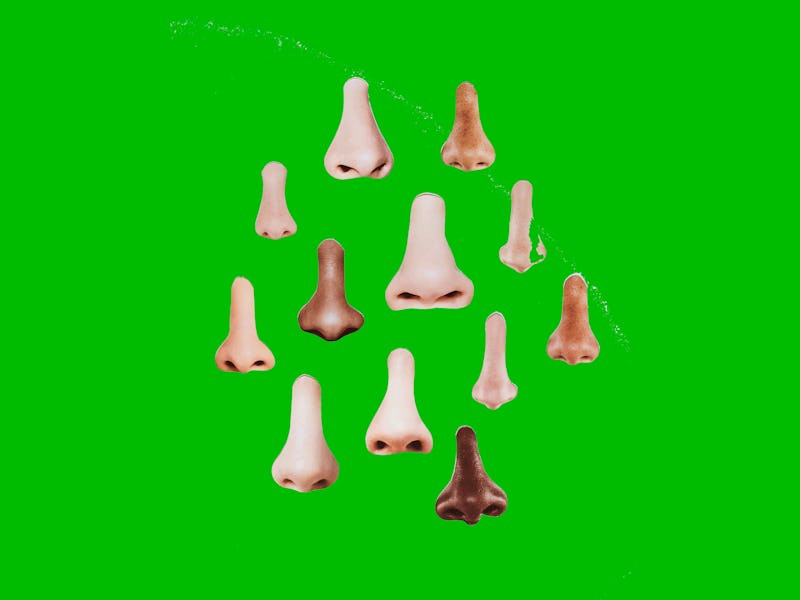Scientists discover a “therapeutic gold mine” in one surprising place
Everyone hates it, but snot might solve many of our woes.

Mucus may be gross, especially when snot runs down our throat or coats our nose, but it serves important biological functions.
As Inverse reported in October of this year, snot does more than block pathogens from entering the body, as previously thought.
Research published in Nature Microbiology reveals how mucus disrupts bacteria’s communication and behavior, stopping them in their tracks and rendering them harmless. That’s because mucus contains tiny defenders called “glycans,” specialized branches of sugar molecules that can disarm pathogens and prevent infection.
This is #1 on Inverse’s 25 most WTF stories of 2019
“What we have in mucus is a therapeutic gold mine,” Katharina Ribbeck corresponding author and researcher at Massachusetts Institute of Technology, explained.
“These glycans have biological functions that are very broad and sophisticated. They have the ability to regulate how microbes behave and really tune their identity.”
In the study, Ribbeck and her team examined how glycans in mucus interact with a pathogen that causes infection in people with cystic fibrosis or compromised immune systems.
The researchers isolated glycans and exposed them to a bacteria called Pseudomonas aeruginosa. After that exposure, the behavior of the bacteria changed dramatically: They no longer produced toxins, attached or killed host cells, or expressed the genes essential for bacterial communication. The bacteria was no longer a dangerous invader.
"Nature has evolved the ability to disarm difficult microbes, instead of killing them
“What we find here is that nature has evolved the ability to disarm difficult microbes, instead of killing them,” Ribbeck explains. “This would not only help limit selective pressure for developing resistance, because they are not under pressure to find ways to survive, but it should also help create and maintain a diverse microbiome.”
Next, the research team hopes to explore how glycans interact with other pathogens. The study could eventually lead to “artificial mucus” with similar bacteria-modifying effects. The research could even lead to novel ways of dealing with antibiotic resistant infections.
Next time you go through a packet of tissues or curse a loud sneeze, thank those tiny glycans in your snot. They could be protecting you from a wide array of harmful bacteria.
As 2019 draws to a close, Inverse is counting down the 25 stories from this year that made us say “WTF.” Some are incredible, some are icky, and some are just plain strange. This has been #1. Read the original article here.